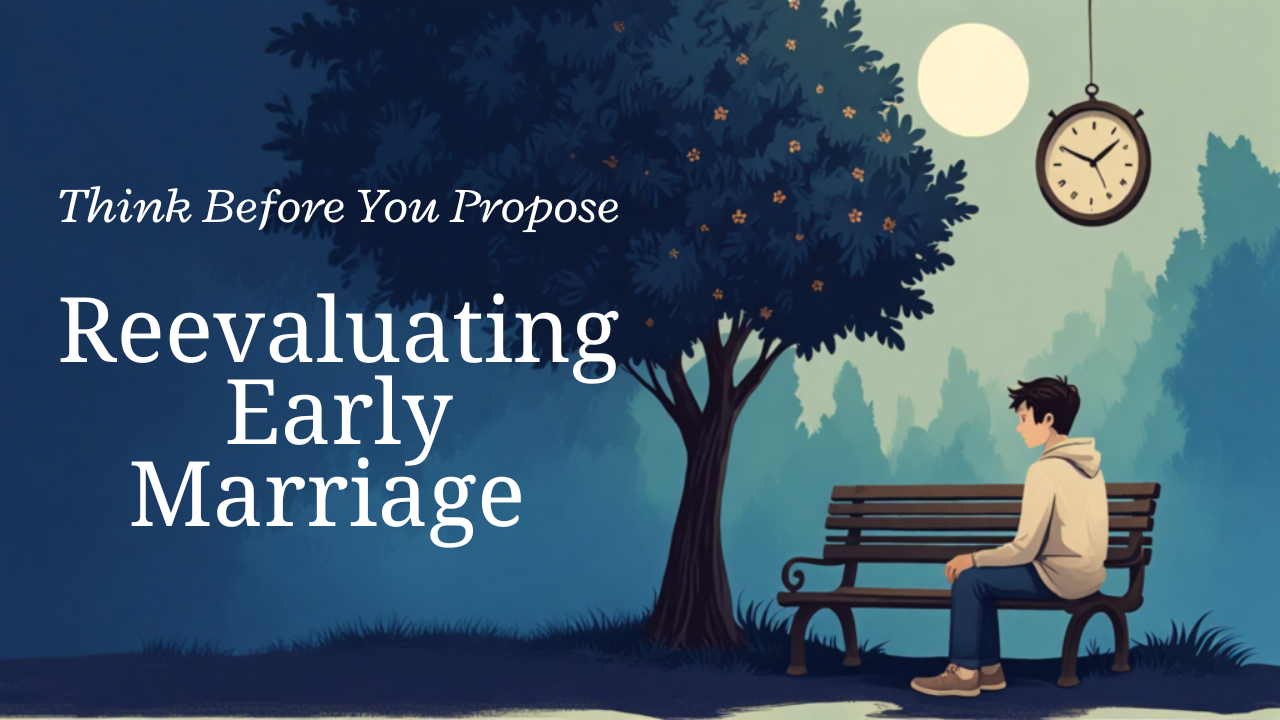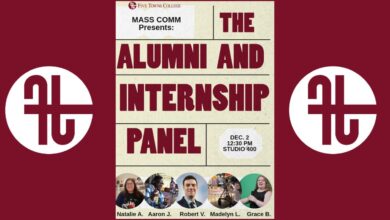OPINION: Young adults are no longer rushing into marriage, here’s why
Recent study shows growing trend of young adults who will never marry.

By Stephanie Schneider
Marriage is often considered one of the most important milestones in a person’s life. The second most key marker after that is having children. It is common among older generations to attach great significance to these two life-altering decisions; however, do younger generations feel the same way?
The short answer: No, not really.
But the real answer is that it’s a little more complex than that. According to a recent study by the Institute of Family Studies, young adults are more likely to delay marriage and/or children longer than their parents and grandparents.
In 1967, almost 85% of women aged 25 had already been married, as well as 75% of men aged 25. Today, the numbers have dropped to 20% and 23%, respectively. These numbers are a historic low for American marriage rates. While marriage was once the cornerstone of a person’s transition into the adult world, it has now taken a backseat to other priorities, such as career and finances.
Money is tight, and life milestones can be expensive
Nowadays, many young adults prioritize financial stability over growing a family through marriage or reproduction. Due to the substantial rise in the cost of living, marriage is no longer at the forefront of people’s minds, and having children can significantly deplete a couple’s financial state. As a result, young adults are more likely to delay these milestones until a later time when they feel more financially secure.
Alongside this is the massive debt incurred from student loans while pursuing higher education. The cost of attending college has skyrocketed, while the average college student’s income remains low and relatively similar to previous years. All of these factors combined lead to an unsustainable environment for nourishing marriage or children.
However, according to people like American TV Personality Rachel Campos-Duffy, children should take precedent over finances any day. Campos-Duffy recently posted the following message after death of political activist Charlie Kirk:
“Fall in love, get married, have more babies than you can afford. Save America. RIP #CharlieKirk”
Campos-Duffy’s message is problematic and tone-deaf, as it doesn’t address what happens to the children who are born into homes without the resources to support them. Also, what is the environment like for families who cannot afford basic needs? Being over your head financially causes tremendous stress in the home.
Perspectives like this also directly seek to drive home the idea that humans are here primarily for repopulation, and any other potential personal growth an adult may achieve in their life. Unfortunately, this mindset is so common that it has permeated Americans’ values for generations, and the current generation wants that to change.
What about when marriage doesn’t last?
Another factor that affects marriage rates is its counterpart, divorce rates.
While the overall divorce rate has declined in recent years, the difference between young marriage divorce rates and older divorce rates remains large.
According to a study conducted by Krista K. Westrick-Payne & I-Fen Lin of Bowling Green State University, the divorce rate has dropped significantly for individuals aged 15-24, from 47.2% to 19.7%. However, the difference between that group and ages 65+ is 19.7% compared to just 5.5%.
Twenty-seven-year-old Rachel Terry says it’s just not worth the risk. “I’ve been through plenty of breakups. Imagine having to bring legality into that? Splitting finances and belongings? No thanks. What if I had to fight for my dog?”
While the pressure from the older generation to move forward with marriage and children has thankfully decreased, it is still present.
Marriage just isn’t for everyone
Finally, there is the matter of people who simply do not want to get married at all. Rather than delaying the process, they don’t see the need to do it ever. This feeling coincides with financial instability as well as career-based goals.
Savannah Vargas, 24, says she has no intention of getting married any time soon. “It’s really just a piece of paper. I don’t see the big deal, and I definitely don’t want to waste my money on a wedding. I’d rather just travel or buy a sick car.”
Compared to the past, many young adults desire to find their sense of fulfillment within their career rather than their familial ties. The urgency and desire to start a family are often overshadowed by the need to earn a living and lead a fulfilling lifestyle independently. Marriage is a big decision, and it should not be rushed. Having children is an even bigger decision and should be treated with the utmost caution and thoughtfulness.
The societal requirements for these two milestones have lost their significance in recent years, leaving room for new generations to focus on personal growth and development before considering expanding their family.





